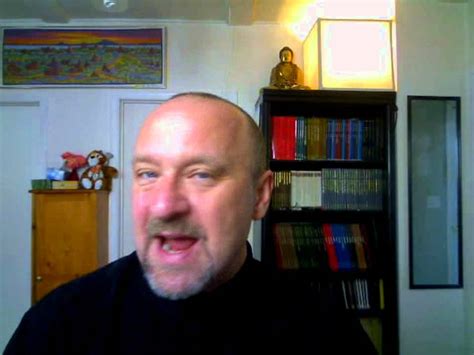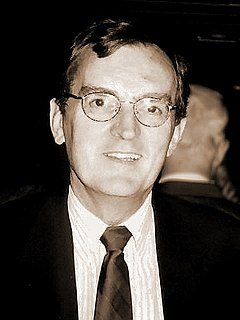A Quote by Anthony Daniels
Mere absurdity has never prevented the triumph of bad ideas, if they accord with easily aroused fantasies of an existence freed of human limitations.
Related Quotes
Must love be ever treated with profaneness as a mere illusion? or with coarseness as a mere impulse? or with fear as a mere disease? or with shame as a mere weakness? or with levity as a mere accident? whereas it is a great mystery and a great necessity, lying at the foundation of human existence, morality, and happiness,--mysterious, universal, inevitable as death.
The notion of ambiguity must not be confused with that of absurdity. To declare that existence is absurd is to deny that it can ever be given a meaning; to say that it is ambiguous is to assert that its meaning is never fixed, that it must be constantly won. Absurdity challenges every ethics; but also the finished rationalization of the real would leave no room for ethics; it is because man's condition is ambiguous that he seeks, through failure and outrageousness, to save his existence.
This is the test and triumph of originality, not to show us what has never been, and what we may therefore very easily never have dreamt of, but to point out to us what is before our eyes and under our feet, though we have had no suspicion of its existence, for want of sufficient strength of intuition, of determined grasp of mind to seize and retain it.
But Gregor understood easily that it was not only consideration for him which prevented their moving, for he could easily have been transported in a suitable crate with a few air holes; what mainly prevented the family from moving was their complete hopelessness and the thought that they had been struck by a misfortune as none of their relatives and acquaintances had ever been hit.
The sympathies of a well-adjusted person can easily be aroused by the plight of strangers. Indeed, the skillful writer of a novel, a play, or an opera can engage our emotions on behalf of people who are not only strangers to us, but who do not even exist! And a person whose emotions cannot be so aroused is not behaving normally.
This is the way of meditation: encountering the present in all its tremendous beauty, just being in the present. Inside, the mind stops. Outside, the world changes totally. It is no more the ordinary world you have known before. In fact, you have not known it at all. Your mind was distorting everything, your mind was creating fantasies. Your eyes were full of fantasies and you were looking though those fantasies. They never allowed you to see that which is. If the mind is gone, even for a moment, suddenly the whole existence explodes upon you.
If the history of resistance to Darwinian thinking is a good measure, we can expect that long into the future, long after every triumph of human thought has been matched or surpassed by 'mere machines,' there will still be thinkers who insist that the human mind works in mysterious ways that no science can comprehend.
in addition to the conditions under which life is given to man on earth, and partly out of them, men constantly create their own, self-made conditions, which, their human origins notwithstanding, possess the same conditioning power as natural things. whatever touches or enters into a sustained relationship with human life immediately assumes the character of a condition of human existence. this is why men, no matter what they do, are always conditioned beings. whatever enters the human world of its own accord or is drawn into it by human effort becomes part of the human condition.
The type of mind of Whitman's, which seldom or never emerges as a mere mentality, an independent thinking and knowing faculty, but always as a personality, always as a complete human entity, never can expound itself, because its operations are synthetic and not analytic; its mainspring is love and not mere knowledge.



































